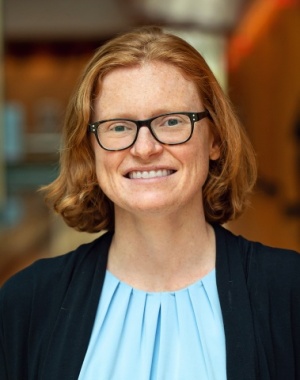
Preschool for All: A Strong Start for Washington State’s Children
Washington State has an early childhood crisis roiling almost invisibly across the state, with many children not receiving the strong and fair start in life they need and deserve. This crisis has life-long implications for children because early childhood — prenatal-to-five— is when the brain develops most rapidly, and the stage is set for all future growth, development, and learning. Preschool education for three- and four-year-old children is one component of a comprehensive approach to child development that also includes high-quality, accessible, and affordable child care for infants and toddlers, paid family leave, and early support for families. A system that comprehensively addresses the prenatal-to-five years of life with these essential elements is crucial to the strong start children need. This policy brief presents recommendations that address one part of this crisis: the failure to provide high-quality universal preschool for all three- and four-year-old children in Washington. The visionary policy recommendations presented here are rooted in a multi-year engagement between leaders and practitioners in Washington and the Cradle to Kindergarten: A New Plan to Combat Inequality team.

Key findings
- High-quality preschool helps prepare three- and four-year-old children for success in kindergarten and beyond. Yet, only 30% of the state's children are enrolled in public preschool classrooms; the national enrollment rate is 36%.
- In Washington state, children from families with the highest incomes access preschool — public and private2 — at high levels. Children from Washington families with middle to low incomes access preschool at much lower levels. The state’s current approach particularly leaves out children from families with middle to moderately low incomes because their household income disqualifies them for most public programs, and their parents can’t afford private programs. As a result, Washington ranks 38th among all states in public preschool enrollment for four-year-olds and 17th for three-year-olds.
- Washington’s public preschool program predominantly provides only half day services, a significant barrier for working families who need extended day services.
- Due to opportunity gaps before kindergarten entry, almost one-half of Washington’s children enter kindergarten already behind their peers on six age-specific measures of learning preparedness: social-emotional, cognitive, language, literacy, mathematics, physical.
- Implementation of universal preschool as proposed here must be carefully planned to not cause harm to the network of child care providers who serve infants and toddlers. Ideally, Washington would develop and implement a fully integrated early learning system, including all the essential prenatal-to-five services, for the state’s children and families.
- This intentional and strategic system does not exist today in Washington.
- High-quality preschool benefits all children and narrows opportunity gaps and inequities for children of color, dual language learners, and children from families with low incomes.
- The Washington Preschool for All program envisions statewide, universal, voluntary, high-quality preschool delivered through a mix of public and private community-based nonprofit service providers, phased in over 10 years.
Download the report →
